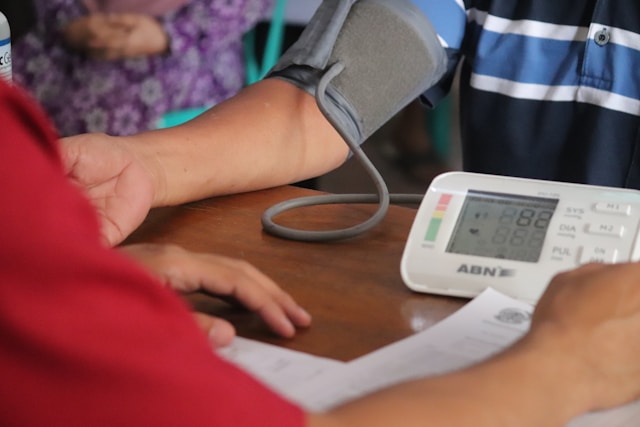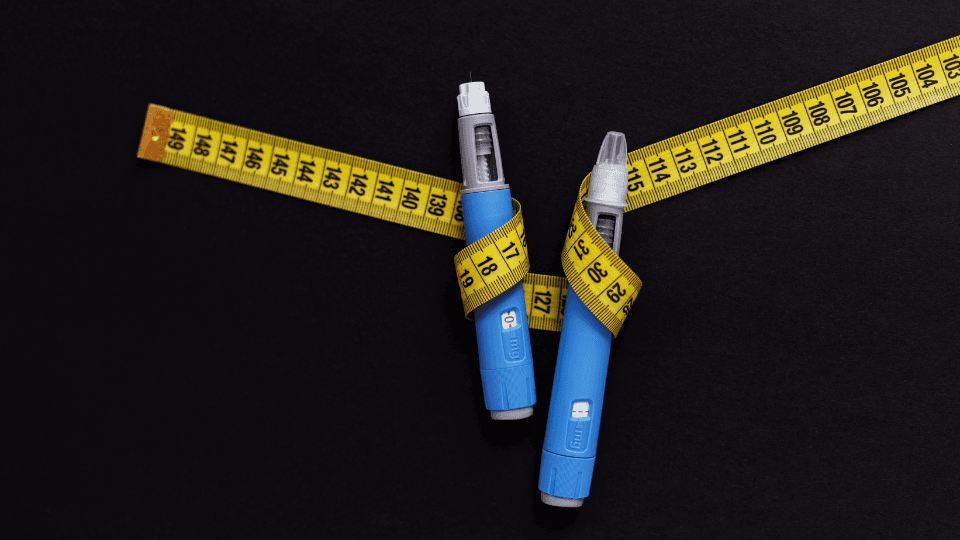Back
13 Mar 2023
Ultra-processed, ultra unhealthy

Dr Jarrad Van Zuydam | Sports Physician
“Too much ultra-processed food will kill you, in the end” - Queen
No, wait. I think it was love, actually. Still, the point remains - there is mounting scientific evidence that eating too much ultra-processed food (UPF) is associated with some pretty scary health outcomes.
What are UPFs?
Processed food is one that has been altered from its original form. According to the International Food Information Council, processing is “any deliberate change in a food that occurs before it is ready for us to eat.”
That’s pretty broad. Heating, pasteurising, canning, and drying are all considered forms of processing. Processed foods are nearly impossible to avoid and some of them are actually very healthy to eat.
UPFs take things up a notch, however. There is still no universally agreed-upon definition but UPFs generally have industrial formulations with five or more ingredients designed to hit all our taste cravings. If the ingredients section on the package reads more like a chemistry formula than a food list then you are almost certainly holding an ultra-processed food.
If you’d like a little more detail than that, refer to the NOVA classification. It makes for uncomfortable reading though - “Ultra-processed foods, such as soft drinks, sweet or savoury packaged snacks, reconstituted meat products and pre-prepared frozen dishes, are not modified foods but formulations made mostly or entirely from substances derived from foods and additives, with little if any intact Group 1 food.”
Can we really call them “food” at all then?
What's the big deal?
It’s common knowledge that foods like potato chips, cakes and cookies aren’t good for you, but recent evidence suggests that these foods may be killing more people than we realise by driving disease processes.
Ultra-processed food and the risk of death
In a cohort study of 44 551 French adults, a 10% increase in the proportion of ultra-processed food consumption was associated with a 14% higher risk of all-cause mortality.
Ultra-processed food and death in people with cardiovascular disease
In those with a history of cardiovascular disease, a higher intake of ultra-processed food is associated with a greater risk of death, potentially attributed to alterations in kidney function.
UPFs and weight gain
Ultra-processed food intake is associated with increased weight gain and the risk of becoming overweight or obese when compared to lower ultra-processed food intake.
Ultra-processed foods, inflammation, and liver health
A cohort study found that higher ultra-processed food intake was associated with an 18% increased risk of nonalcoholic fatty liver disease in Chinese adults.
Gut bugs and ultra-processed foods
Ultra-processed food intake has been associated with dysbiosis (gut microbiota imbalances), greater total energy intake, and mental health issues.
The list goes on, but I think you get the idea - too much ultra-processed food really will kill you.
Dodging UPFs
Make your decision at the grocery store counter rather than in the kitchen pantry. It is far easier not to walk down the sweets and crisps aisle than it is to stare down that bag of Nik-Naks once it has made its way into your larder.
If you can avoid putting this short list of UPF baddies into your shopping cart you will be well on the way toward minimising your intake of these harmful foods:
Fizzy soft drinks
Chocolate-hazelnut spread like Nutella
Sweet baked snacks like pre-packaged muffins
Potato crisps
Corn chips
Instant noodles
Sweet biscuits and biscuit-like snacks (including rusks - sorry!)
Processed cheese and cheese sticks
Flavoured, sugary alcoholic drinks
Muesli bars, energy bars, protein bars, fruit rolls
Good luck!













